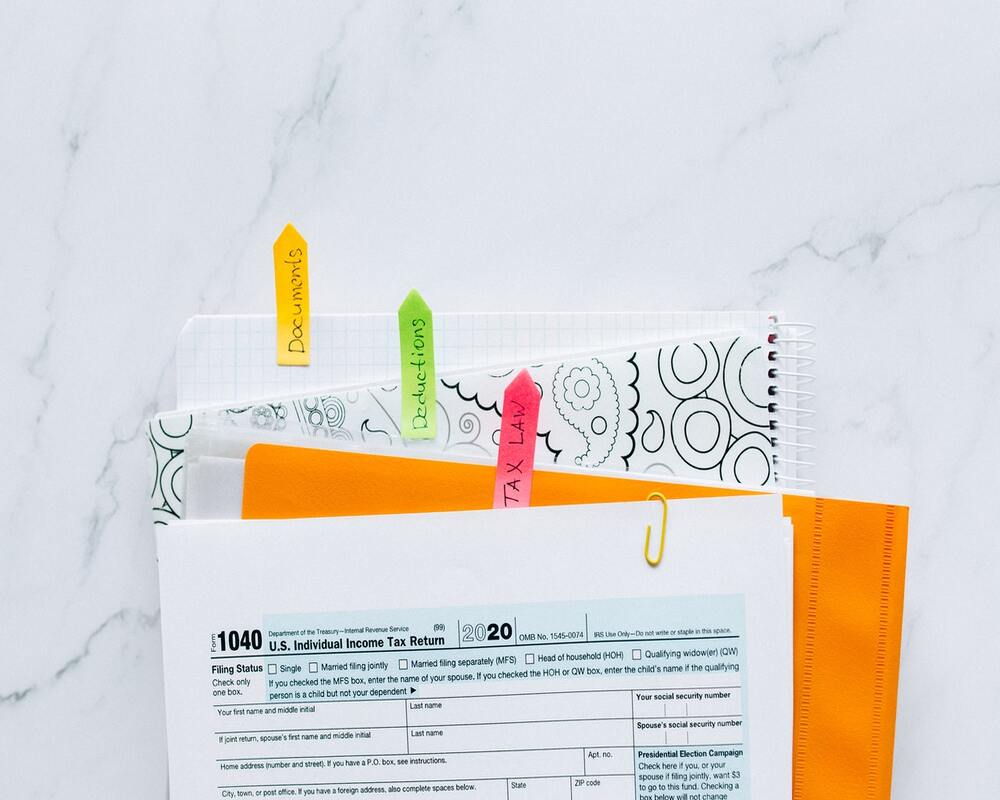MBA vs master’s in accounting: What’s the difference and how to choose?

If you’re an accounting or finance professional looking to advance your knowledge and career, furthering your education is a great way to do so. And while you’re weighing your options between an MBA vs master’s in accounting, learn all the facts to inform your decision.
Summary
An MBA focuses on overall business leadership and a wide spectrum of business areas to prepare graduates for C-suite positions, whereas a Master of Accounting (MAcc) concentrates solely on profound accounting expertise and standards, which is highly beneficial for specialized accounting careers and passing the CPA Exam.
What is an MBA?
A Master of Business Administration degree, or MBA, focuses curriculum across a wide spectrum of business areas, setting graduates up for success in organizational leadership and C-suite-level corporate positions.
Topics covered within an MBA program include (but may not be limited to):1
- Finance and accounting
- Financial reporting
- Marketing
- Leadership and organizational management
- Data science
- Entrepreneurship
- Business and government
What is a master’s in accounting?
A master’s in accounting (MAcc) focuses solely on advanced accounting knowledge and skills. Whereas MBA curriculum may cover the basic of accounting and finance topics, your MAcc courses will equip you with a much more profound understanding of accounting expertise, techniques, and standards.
Topics covered within a Master of Accounting program typically include (but aren't limited to):2
- Advanced financial accounting
- Taxation for businesses, individuals, partnerships, and international
- Corporate financial research and reporting
- Auditing and assurance
- Information systems design
- Internal control systems
- Cost systems
- Financial statement analysis
- Ethics for accountants
Comparing MBA vs master’s in accounting
Although there’s overlap in course topics and career paths for MBA vs master’s in accounting, the two degrees differ in many aspects. Here’s a comparison:
MBA vs master’s in accounting | ||
MBA | MAcc | |
Requirements | - Bachelor’s degree - Application and acceptance into MBA university program | - Bachelor’s degree (likely in accounting or finance) - Application and acceptance into MAcc university program |
Length | 1-2 years | 1-2 years |
Focus | Overall business leadership | Advanced accounting and finance expertise |
Career path | - Flexible opportunities across industries, leading people and business decisions - C-suite growth potential and management positions - Pathways in tech, consulting, energy, brand management, finance, investment banking, healthcare, and much more | - Public accounting - IT & systems auditing - Financial and investment consulting - Gov. and non-profit accounting - Tax services - Financial leadership |
Which is better, an MBA or MAcc?
The question isn’t so much “which is better,” as it is “which is better for me?” As you’ve seen, both the MBA and MAcc each equip you with different areas of expertise and set you up with specific skills for distinct career opportunities.
It’s also important to know that, while both MBA and master’s in accounting degrees will give you the extra credit hours needed to meet the 150-hour requirement for your Certified Public Accountant (CPA) license, the MAcc will give you the more in-depth accounting knowledge that will help you pass the CPA Exam.
If you plan to grow a career in accounting, a CPA license is essential. In this light, an MAcc may be right for you if you plan to go deeper into accounting or finance, while an MBA may be better if you’re not interested in doing accounting work and instead want to pursue overall business leadership.
Kickstart your accounting career
There’s no credential more powerful for your accounting career than the CPA license. In fact, many MAcc programs build their curriculum to help you succeed on the CPA Exam as the instructors understand that this is the benchmark for accounting expertise and necessary for a public accounting career.
Learn everything you need to know about the CPA license, CPA Exam, and advancing your career as an accountant! Download our free CPA Exam Guide now.










